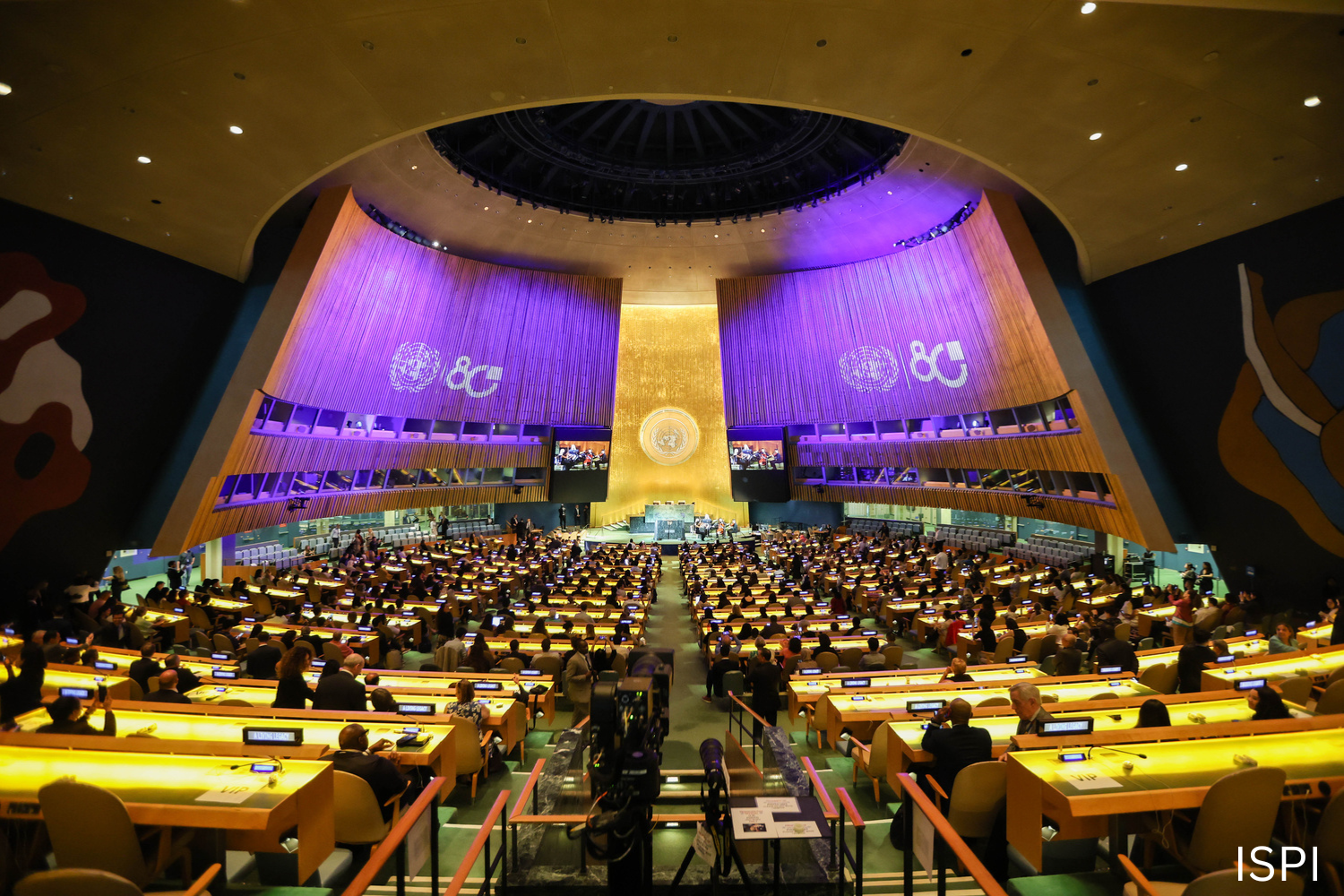Former U.S. Secretary of State Condoleezza Rice, who served under the George W. Bush administration, expressed skepticism Friday about the near-term feasibility of a two-state solution for Israel and the Palestinians. Speaking with CBS News senior correspondent Norah O’Donnell, Rice praised the Trump administration for successfully brokering a deal to end the recent Israel-Hamas conflict but cautioned that achieving full Palestinian statehood remains a distant goal.
A Historic Deal, but Challenges Remain
Rice emphasized that the recent Israel-Hamas peace agreement represents a significant diplomatic achievement, particularly in halting active hostilities and facilitating humanitarian aid to Gaza. However, she noted that broader political solutions, including the establishment of a Palestinian state, face considerable obstacles. “A two-state solution isn’t likely to be feasible right now,” she said, reflecting the complexities of the political, security, and social dynamics in the region.
Rice highlighted that while the ceasefire and hostage release provide immediate relief, long-term peace requires structural reforms and shifts in both Israeli and Palestinian approaches. The recent agreement, which includes the release of hostages, prisoner exchanges, and a surge of humanitarian aid, is primarily a first-phase effort aimed at stabilizing Gaza and building trust between the parties.
Preparing Palestinians for a Future State
A key focus of Rice’s comments was on the responsibility of Palestinian leaders to prepare their population for a future state in a constructive manner. She emphasized the importance of education in shaping societal attitudes toward Israel. “They’ve got to start to recognize that Israel is going to exist, and it’s going to be a part of this Middle East,” Rice said. She encouraged Palestinians to reform curricula and teachings to avoid perpetuating narratives that frame resistance and hostility as the primary path to peace and security.
Rice warned against creating “another generation of Palestinians who believe that somehow the resistance is the way to peace and security.” According to her, fostering a mindset that embraces coexistence is critical to any future negotiations and eventual state-building efforts. This approach, she argued, would lay the groundwork for a society capable of engaging in meaningful dialogue and compromise with Israel.
Responsibilities for Israel
Former Secretary of State Hillary Clinton, who joined Rice in the conversation, emphasized that peace also requires proactive measures on the Israeli side. She highlighted settlement activity in the West Bank as a key obstacle to future negotiations. “Israel also has to take actions to secure peace, including curtailing settlement activity in the West Bank. The Israeli government has to cease encouraging settlers to seize more land,” Clinton said.
Clinton’s remarks underscored the reciprocal nature of peace-building, stressing that both parties must make concessions and structural changes for a long-term solution to be viable. By addressing contentious issues such as settlement expansion and political recognition, she argued, both Israel and the Palestinians could create the conditions necessary for meaningful progress.
Broader Implications for the Middle East
The insights from Rice and Clinton highlight the ongoing challenges of translating immediate conflict resolution into a sustainable political solution. While the Trump administration’s peace plan, including the 20-point framework, provides a roadmap for stabilizing Gaza and reducing hostilities, it does not immediately resolve the broader Israeli-Palestinian conflict or the question of statehood.
Experts note that the current ceasefire and first-phase measures offer an opportunity for confidence-building, but the long-term prospects for a two-state solution depend on complex political, social, and security reforms on both sides. Rice’s comments reflect a realistic assessment that while incremental progress is possible, full Palestinian statehood will require patience, structural reforms, and cooperative efforts from both governments.
Looking Ahead
Moving forward, Rice suggested that Palestinians focus on internal reforms and societal shifts to prepare for eventual statehood, including changes in education, governance, and civic engagement. At the same time, Israel must take steps to reduce tensions, particularly regarding settlement policies and territorial disputes, to enable a more conducive environment for negotiations.
The conversation also highlighted the importance of international support and oversight, including continued engagement by the United States and regional partners, to ensure that both immediate ceasefire goals and long-term political objectives are pursued in a balanced manner.
Rice’s remarks serve as a reminder that while the Israel-Hamas peace deal is a historic achievement, it is only the first step in a much longer process toward regional stability and lasting peace. Both sides must take concrete, coordinated actions to ensure that the temporary respite provided by the ceasefire translates into structural change and a pathway toward coexistence.
%20(4).png)



.png)

.png)

.png)
